If you’re passionate about keeping your garden well-maintained, you probably dread seeing Bermuda grass in your fescue lawn. This pesky weed can be difficult to get rid of, but with the right tools and information, you can succeed! In this article, we will provide a comprehensive guide on how to kill Bermuda grass in fescue. We’ll answer some common questions and provide helpful tips to make the process as easy as possible. Let’s get started!
Table of Contents
How to Identify Bermuda Grass
Bermuda grass (Cynodon dactylon) is a warm-season grass native to Africa and the Middle East. It’s known for its resilience and quick spread. Bermuda grass is an aggressive invader of lawns because it’s able to tolerate heat, drought, and high traffic better than most other turfgrass species.
Identifying Bermuda grass in fescue is key for effective control. The most common way to identify Bermuda grass is by its flat and wide blades, which are usually light or dark green in color. They may also have a purplish cast on the edges and can be felt if you rub them between your fingers.
Bermuda grass spreads aggressively with above ground stems called stolons that stretch along the ground and root at each node, allowing new plants to emerge from those points of connection. This means it can quickly grow over other lawn varieties like Fescue. It’s important to identify infestations before they spread too far and become too difficult to eradicate.
Finally, keep an eye out for telltale yellow patches on your lawn during colder months which can indicate that Bermuda grass is taking over your fescue lawn. The yellow color is caused by the lack of nutrients from the competition between fescue and Bermuda grass on a small patch of soil. [1], [2], [3], [4]
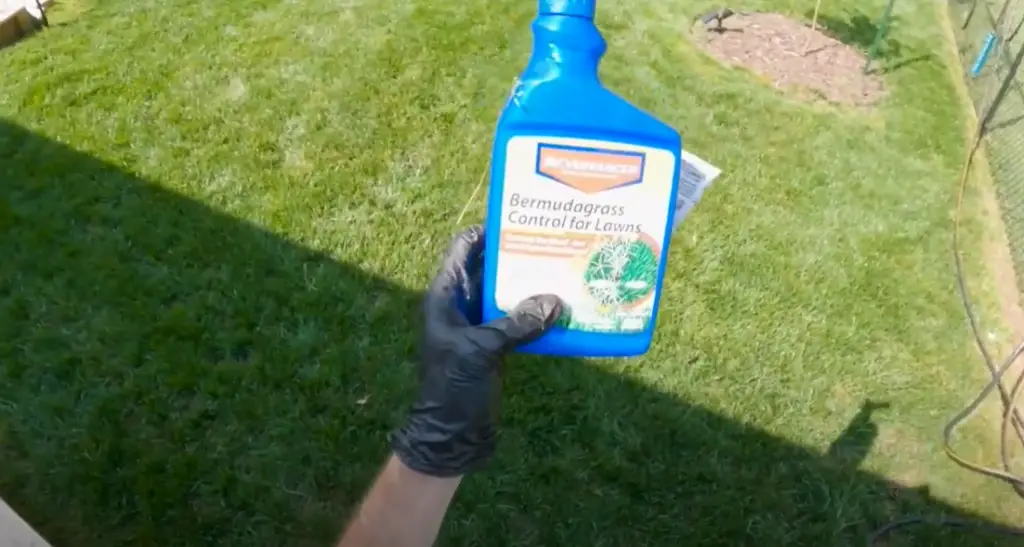
How To Kill Bermuda Grass in Fescue Lawn
Now that you know how to identify Bermuda grass, it’s time to tackle the problem and remove it from your lawn. Bermuda grass is one of the toughest weeds to kill, so it’s important to have a plan of attack and follow the steps below exactly. Since the bermudagrass is a perennial weed, it can take several attempts to kill it, so patience and perseverance are key. Luckily there are several ways to kill Bermuda grass in fescue, both chemical and non-chemical.
Remove the grass with a shovel
The quickest and eco-friendly way to remove Bermuda grass from your fescue lawn is by using a shovel. This method involves manually digging up the grass and its roots. Begin by loosening the soil around the grass with a spade or hoe, then you can use a shovel to dig out just enough dirt to get beneath the roots of the grass.
You can then carefully pry the grass from the soil, being extra careful not to damage the roots of your fescue lawn. Once you’ve pulled out as much Bermuda grass as possible, rake up any remaining debris and discard it before re-filling the hole with soil.
Don’t leave any pieces of roots behind as they can quickly regrow and spread. If the area is large, you may need to repeat this process several times until all of the Bermuda grass has been removed.
Use ground covers
Ground covers are a great way to get rid of bermuda grass in fescue lawns. Ground covers create dense, healthy turf that prevents the growth of weeds. This is an effective and low-cost method for controlling Bermuda grass. Choose ground covers that can tolerate shade to discourage the spread of Bermuda grass in shaded areas.
Simply install the ground cover and secure it with stakes or pins. The cover should be dense enough to suppress the growth of weeds and other undesirable plants. You can also use mulch to help keep the soil moist and reduce evaporation, which helps discourage weed growth.
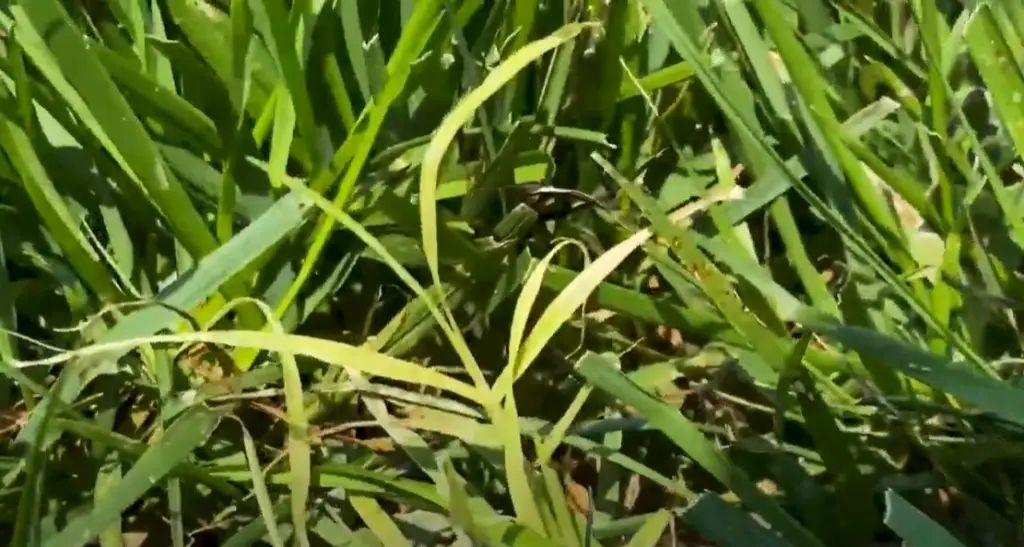
Solarization method
Solarization is one of the most effective non-chemical methods for killing Bermuda grass. This method relies on using the sun’s energy to heat up and kill the weed. In order to solarize, you’ll need a clear plastic tarp or sheeting that can cover your entire lawn area. This method is similar to the plastic sheeting method, but it needs specific conditions to be effective.
Water the lawn as you normally would, then lay the plastic sheeting across the entire area. Secure it in place and make sure no gaps are left where sunlight can get in. You’ll need to leave the plastic in place for at least 4-6 weeks, or until you start to see dead patches of Bermuda grass appearing in your lawn. At this point, remove the plastic and rake up any dead Bermuda grass.
Keep in mind that this method might not be as effective in shady areas, so if you have a lot of shade in your lawn, it may be best to opt for a chemical herbicide.
Herbicides
The most effective option by far for killing Bermuda grass in fescue is to use herbicides. Herbicides are widely available at home improvement stores and come in both liquid and granular form. However not all herbicides are created equal – some herbicides only target specific types of weeds and will not affect Bermuda grass. It’s important to read the product label carefully and make sure the weed killer you choose is labeled for use against Bermuda grass. There are two types of herbicides, selective and non-selective.
Non-selective herbicides are broad-spectrum weed killers that will kill any type of vegetation, so it’s important to use extreme caution when applying them. They should only be used in spots where you don’t want any grass or plant life – like a driveway or sidewalk – and they must never be sprayed directly onto desirable plants.
Selective herbicides are designed to target specific weeds while leaving the desired vegetation unharmed. These are the best option for killing Bermuda grass without damaging your fescue lawn, but again it’s important to read the label carefully and make sure that bermudagrass is listed as one of the weeds controlled by the product.
Roundup is a popular non-selective herbicide that is a proven killer of Bermuda grass, but it can also kill your fescue lawn and other desirable plants if used incorrectly. If you decide to use Roundup, make sure to follow the instructions on the label exactly – apply only to spots where there are no desirable plants and never spray directly onto foliage or grass blades.
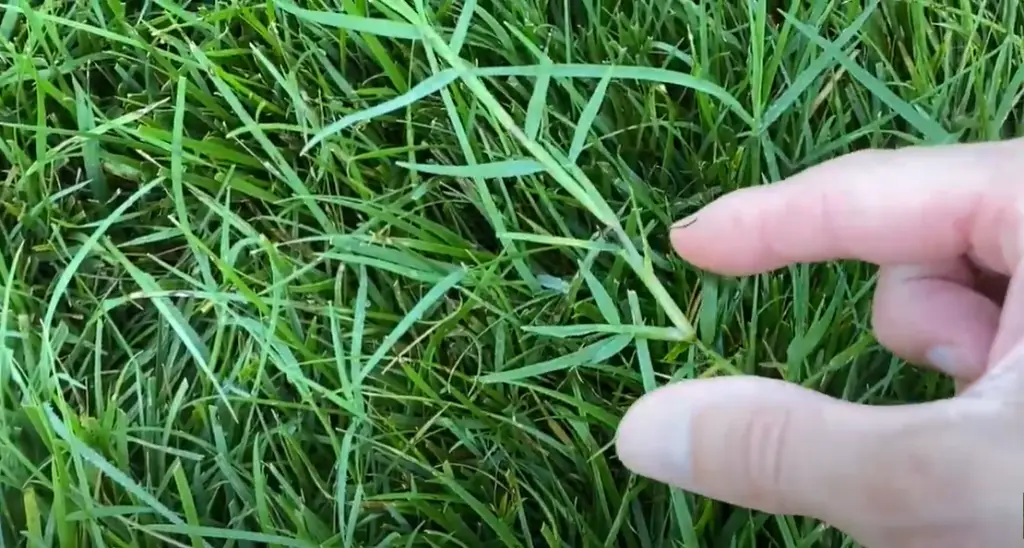
Glyphosate-based products are very effective against Bermuda grass and can be used as a spot or weed-killer in fescue lawns. However as we mentioned, it’s important to read the label carefully and make sure that you’re using the product correctly. Glyphosate should never come into contact with desirable plants.
For getting rid of Bermuda grass in fescue lawns we recommend using a systematic selective herbicide such as Ornamec. This is a post-emergent herbicide that targets grassy weeds like Bermuda grass without harming desirable plants. It comes in both liquid and granular form and can be applied directly to the lawn with either an applicator or a sprayer.
Just keep in mind that you need to avoid watering the lawn after applying any herbicide – the best time to apply is just before a rainstorm. This will ensure that the chemicals are washed into the soil where they can take effect, and you won’t have to worry about runoff or overspray onto your fescue grass.
You should also buy a concentrated form of the herbicide and mix it with water according to the instructions on the label. This will help you save money and use only what is necessary for your lawn size.
Keep in mind that Bermuda grass is much tougher to get rid of than other common weeds, so it may take several applications before your fescue lawn is free from Bermuda grass. But as long as you follow the instructions on the herbicide label and give it some time, you should be able to get rid of Bermuda grass in your fescue lawn. [1], [2], [3], [4]
FAQ
How do I permanently kill Bermuda grass?
There are several methods for doing this, including chemical herbicides, smothering with thick organic mulch, and manual removal. The best chemical herbicides for killing Bermuda grass in fescue are selective post-emergent herbicides that contain active ingredients such as quinclorac and sulfosulfuron. These post-emergent products are designed to kill Bermuda grass without harming the fescue, but multiple treatments may be needed for complete control. Smothering with thick organic mulch is an effective way to kill existing growth, although it can be a labor intensive process depending on how much Bermuda grass is present. Manual removal by digging or hand pulling is also possible, although it can be difficult to remove all of the root system this way.
Can fescue choke out Bermuda?
While it’s hard to completely eliminate Bermuda grass in a fescue lawn, it is possible to choke it out by giving the fescue an advantage. Fescue competes with Bermuda grass for resources like water and nutrients, so proper care of your lawn can help create conditions that favor the growth of your desired grass type.
To start, get rid at least of some invading Bermuda grass. Once that is done, focus on maintaining your fescue lawn by mowing it correctly and fertilizing appropriately for the grass type. Mowing your lawn higher (3–4 inches) will help promote longer roots, stronger turf, and more shade over the ground, which makes it harder for Bermuda to grow.
Fertilize with a high-nitrogen fertilizer meant for cool season grasses like fescue. This will give the fescue an extra boost of nitrogen and help it outcompete Bermuda for resources.
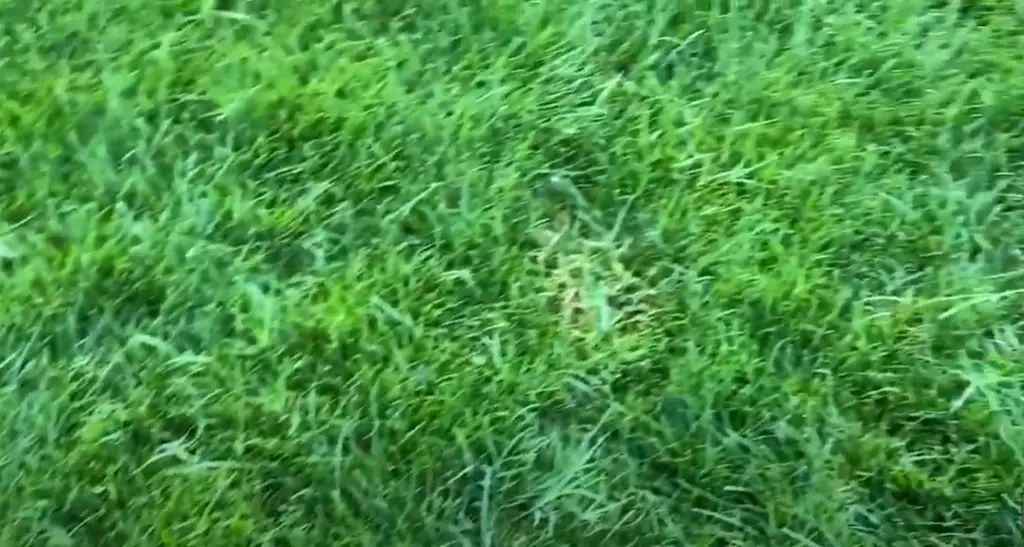
How do you take Bermuda over fescue?
Getting rid of Bermuda grass is tough on its own but even more so when you have fescue. The most effective way to do this is by using a selective herbicide labeled for Bermuda grass only. A selective herbicide will kill the Bermuda without harming the fescue. To use it, mix it with water according to package instructions and spray it directly onto the areas you want to treat until they are thoroughly saturated. Allow it to sit for several hours or overnight before watering your lawn.
It’s important to note that this method is best used on small patches of Bermuda grass among a larger patch of fescue. If the area is mostly covered in Bermuda grass, you may need to resort to other methods, such as using an organic pre-emergent herbicide or reseeding with new fescue seed.
What is the best herbicide to kill Bermuda grass?
The best herbicide to kill Bermuda grass in Fescue is a systemic selective herbicide specifically targeted at Bermuda grass. Ornamec is an example of a selective herbicide that works very well in controlling Bermuda grass. It is applied through a spray applicator and takes about three weeks for the effects to be seen.
When applying a systematic selective herbicide, it is important to follow the instructions on the product label carefully. Moreover, timing is crucial for successful elimination of Bermuda grass; generally speaking, treatments should be applied when temperatures are relatively warm (around 60°F or higher) and soil moisture levels are adequate (but not
Useful Video: How to Kill Bermuda Grass in Your Tall Fescue Lawn Fast!
Conclusion
Getting Bermuda grass is as hard on its own but is even harder when dealing with a lawn of fescue. Not only will you need to figure out how to get rid of Bermuda grass for good, but you will also need to be extra careful not to damage your fescue lawn. You should always start with non-chemical options before resorting to chemical ones, and make sure that the chemicals you use are approved for use in a lawn of fescue. If done correctly and frequently enough, killing Bermuda grass in a lawn of fescue should be possible.
The best way to kill Bermuda grass in a lawn of fescue is by using a selective herbicide that targets Bermuda grass and not the fescue. You can also prevent its growth by regularly mowing your lawn, encouraging healthy levels of soil moisture and avoiding over-fertilizing.
Finally, it is important to remember that getting rid of Bermuda grass in a lawn of fescue takes time and effort. It is important to be persistent and follow all the steps suggested in this guide for best results. With patience and dedication, getting rid of Bermuda grass in a lawn of fescue can become a reality. Good luck!
References:
- https://www.garden-counselor-lawn-care.com/killing-bermuda-grass.html
- https://www.garden-counselor-lawn-care.com/kill-bermuda-grass.html
- https://plantophiles.com/gardening/kill-bermuda-grass-in-fescue-lawn/
- https://homeguides.sfgate.com/effective-ways-getting-rid-bermuda-grass-75114.html

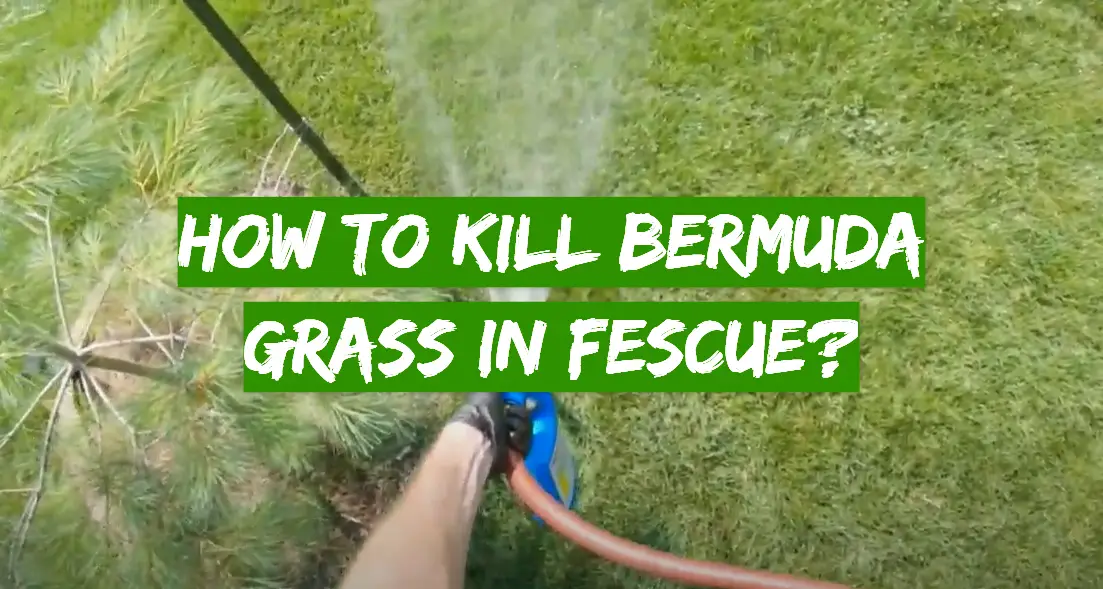

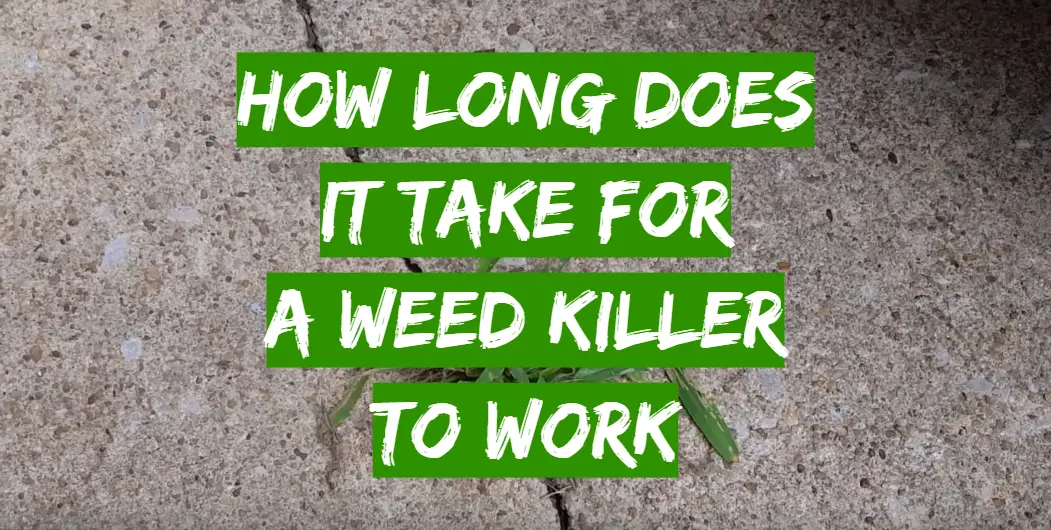
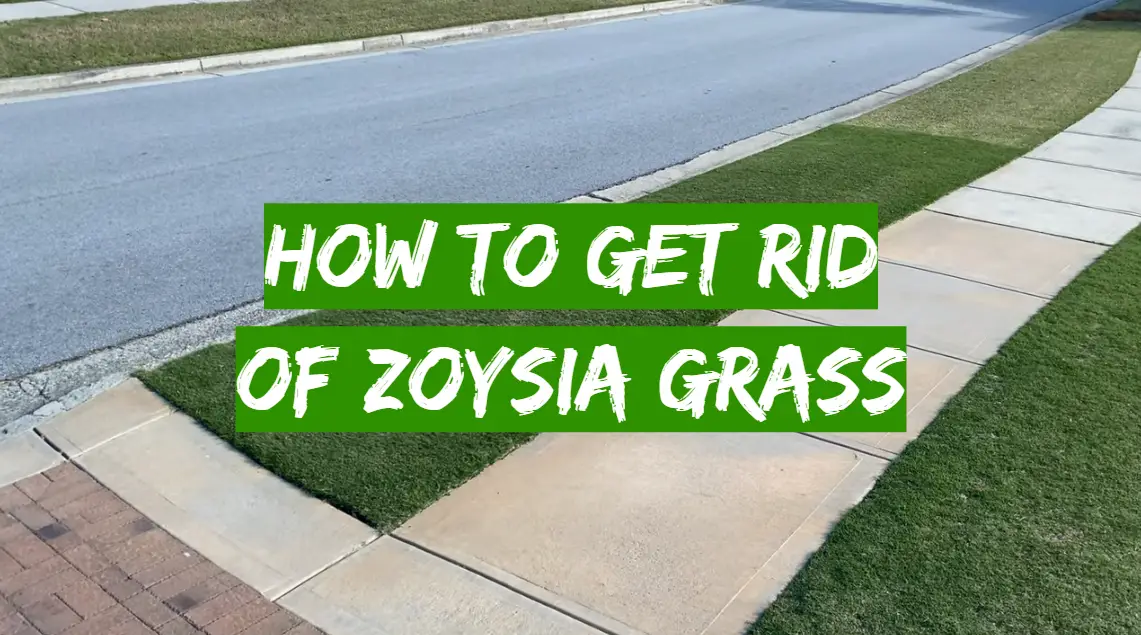
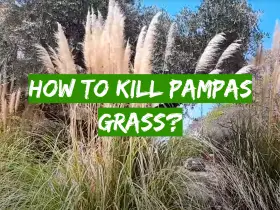
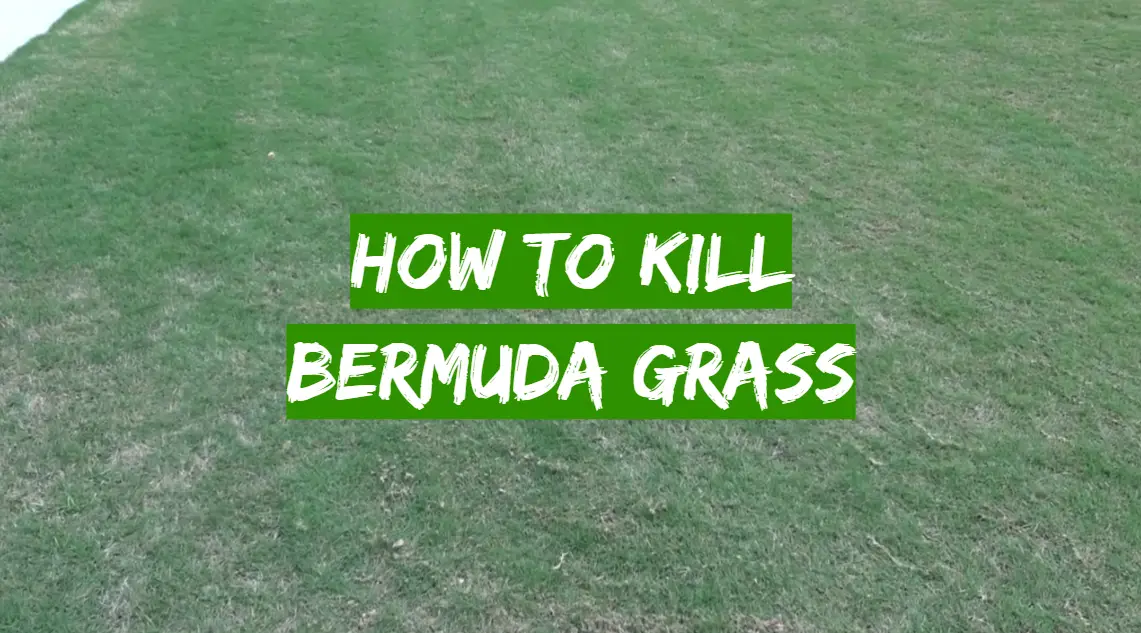
Leave a Reply
View Comments